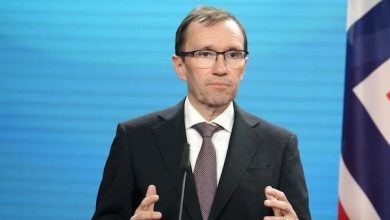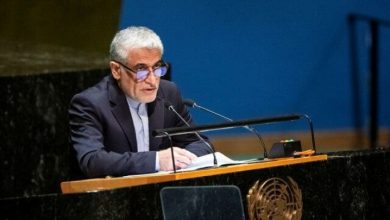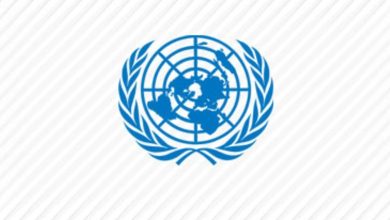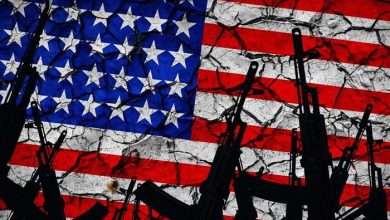Association for Defending Victims of Terrorism – A lack of strong cooperation with the international human rights system leaves States “adrift”, UN human rights chief Volker Türk said, as he addressed rights emergencies in dozens of countries including Iran, Mali and Russia.
In his annual review presented to the Human Rights Council, which opened its 53rd regular session on Monday, Mr. Türk insisted that such cooperation was “vital” in a world plagued by conflict, climate disasters and development setbacks.
Human rights “must always be above the fray of politics”, Mr. Türk said, following a request from Mali on Friday to the Security Council for the UN to immediately withdraw its peacekeeping mission, known as MINUSMA, from the country.
“When serious human rights violations or abuses occur, irrespective of the perpetrator, we need to monitor, document and report on them, in the interest of all Malians, in addition to working on prevention and delivering support to national institutions,” he said, while reiterating his Office’s commitment to continuing its work in Mali.
Hassan Hamid Hassan, Permanent Representative of Sudan to the United Nations Office at Geneva, said two months and five days since the conflict had started, rebel forces were going to great lengths to breach international humanitarian laws and international human rights laws, occupying hospitals and health facilities. The systematic destruction and plundering of public facilities had continued, including utilities, museums, research centres and universities. United Nations entities were still speaking the same grainy language, referring to two warring parties. Statements from the United Nations, including the Council, were very timid. They were attempting to equate between the National Army and the Rapid Support Forces. Yet, if the National Army did not combat such a rebellion, what then was the role of the National Army to preserve national security and sovereignty?





